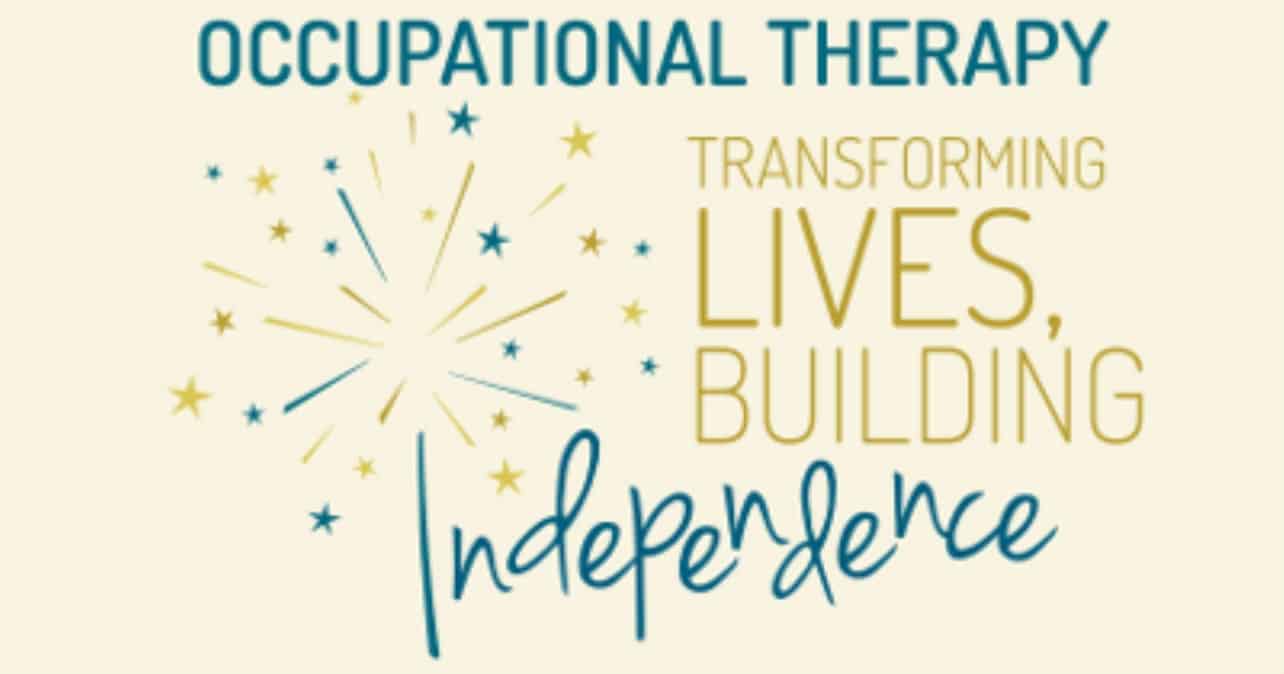Discover The Many Benefits Of Occupational Therapy For Seniors
You may no longer be a full-time member of the workforce, but your healthcare provider has recommended occupational therapy. Pegasus home care therapists in Valley Village and elsewhere understand why you may believe you don’t need therapy. In this article, we explain how occupational therapy can have many benefits for seniors.
A holistic approach to treatment distinguishes occupational therapy. Therapists avoid one-size-fits-all thinking. Each person is carefully evaluated to determine their particular needs, and customized treatment is designed.
Therapists define occupation as the activities of daily living (ADL). ADLs include things like eating without assistance, attending to personal hygiene, or getting in and out of bed.
Illness or disease limits some individuals. Others have been in an accident. Hearing or vision impairments mean some seniors need assistance.
The therapist’s evaluation includes asking what your ADL goals are. They assess the obstacles that keep you from achieving your goals. Your personalized treatment includes ways to overcome those obstacles to the extent possible.
What Should Your Therapist Do?
You should expect your occupational therapist to:
- Collaborate – always puts your needs and goals first. They will meet with family members, friends, or healthcare providers when needed. They collect the information required to design the best solution for you.
- Maximize your independence – their solutions emphasize independent living. They know that “aging in place” is ideal for most individuals. Unless living at home is unsafe, they strive to keep you in your familiar environment.
- Consider all the factors – your situation depends on factors that differ from others. They take into account your medical condition, your home environment, and available assistance from others. Their solutions incorporate everything unique about you and your needs.
- Respect you – this is part of considering your goals and what’s most important to you. It’s possible that you may always need help with some ADLs. Your therapist will respect what you can do and strive to increase your confidence. You will never be criticized for things you are unable to complete.
- Revise solutions – situations change. What seemed to work at first might not work in the long-term. Therapists include milestones in their treatment plans. When those aren’t met for any reason, expect them to revise the plan.
The overriding goal of occupational therapy is to help you live independently.
Physical Therapy And Occupational Therapy Aren’t The Same
It may seem that there is little, if any, difference between physical therapy and occupational therapy. Certainly, there are similarities. Both provide personalized therapy meant to restore an individual’s independence.
There are, however, significant differences. A physical therapist helps individuals regain or improve their ability to move. Their treatments typically focus on an injured area.
As noted above, an occupational therapist treats the whole person with the goal of improving their ADL abilities. Their treatments may have physical, emotional, behavioral, and psychological components.
Benefits Of Occupational Therapy For Seniors
Occupational therapists treat individuals of all ages, from children to centenarians. Like other professionals, therapists have specialties. Those who focus on elderly individuals are typically geriatric specialists.
Because each senior is a unique individual, the benefits of occupational therapy are varied. In general, you or your senior loved reap benefits such as:
- Meeting life skills challenges – these aren’t limited to the ADLs of personal independence. Caring for a home, medication management, and social activities are all challenges for which therapy is useful.
- Increased physical health – a therapist can suggest changes in how tasks are accomplished. Their techniques also include movements that improve range-of-motion and reduce stiffness. (Physical therapists also use these techniques.) Any treatment that improves an individual’s comfort can help them stay active. That, in turn, boosts their immune system.
- Improved emotional health – it’s easy to fall into depression when health declines and independence vanishes. Occupational therapists emphasize what an individual can do, not their limitations. They see the “big picture” and devise ways based on that to overcome daily frustrations.
- Improved cognitive skills – as time passes, everyone becomes forgetful. Some decline into dementia, with accompanying changes in personality. Occupational therapists evaluate those changes and implement appropriate treatment. In mild cases, they introduce sensory stimulation techniques that improve memory and cognition. In advanced cases, they implement behavior modifications. They also teach simplified ways of accomplishing ADLs designed to preserve a degree of independence in severely impaired individuals.
- Fall prevention – along with physical therapists, occupational therapists evaluate the home environment for safety. When needed, they teach individuals how to use assistive devices such as canes, walkers, or wheelchairs. They may recommend the installation of grab bars, especially in bathrooms. Both teach individuals balancing techniques and ways to avoid falling.
Occupational therapists work with an individual’s caregivers as well. They offer suggestions as to how the caregiver can be more effective and efficient without compromising care. The goal for all involved is always an improved quality of life.
Pegasus is a licensed Home Care Organization and a Joint Commission Accredited Home Health Care organization. Our home care professionals in Valley Village and our other locations are dedicated to helping individuals remain safe and independent. We provide the level of home therapy or other care you or your loved one require.

